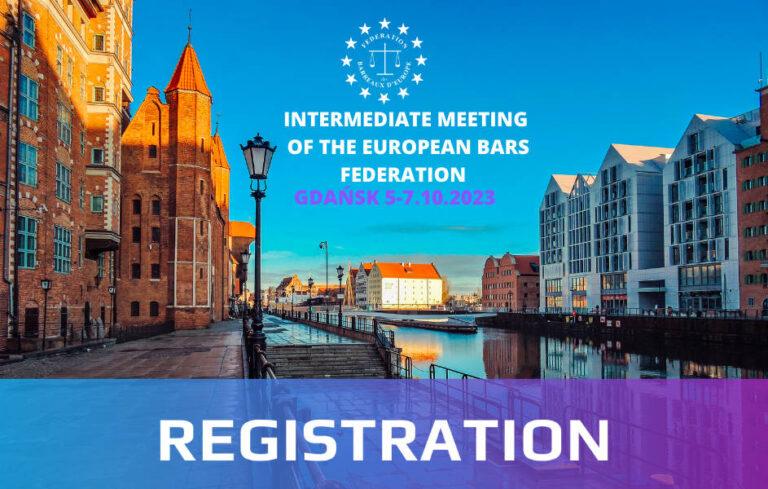The European Convention on Human Rights (full name: Convention for the Protection of Human Rights and Fundamental Freedoms, abbreviated as “European Convention” or ECHR) – an international agreement on the protection of human rights concluded by the member states of the Council of Europe. The Convention was opened for signature on November 4, 1950, and after obtaining the necessary 10 ratifications, it entered into force on September 3, 1953. Each of the 46 member states of the Council of Europe is a party to the Convention (currently a condition for membership in this organisation).
The Convention was drawn up in English and French, the depositary is the Secretary General of the Council of Europe.
According to the Convention’s preamble, European governments, by adopting the Convention, wanted to take steps to collectively guarantee some of the rights set out in the Universal Declaration of Human Rights. The Convention established the European Court of Human Rights with its seat in Strasbourg. Complaints to the Court may be submitted both by individuals, groups of people and non-governmental organizations (so-called individual complaints), as well as by States parties to the Convention (so-called inter-state complaints).
The catalog of human rights protected by the European Convention on Human Rights can be found in articles 2–13. To some extent, this catalog resembles the catalog of the 1948 Universal Declaration of Human Rights, although there are significant differences between them.
The Convention guarantees: the right to life, prohibits torture, slavery and forced labour, guarantees the right to liberty and personal security, ensures the right to a fair trial and prohibits the retroactive application of criminal law, reaffirms the right to respect for private and family life, including the right to marry and to found a family, provides for freedom of thought, conscience and religion, freedom of expression as well as freedom of assembly and association, and finally protects the right to an effective remedy.
The Convention Catalog is neither exhaustive nor closed. It is successively supplemented by Additional Protocols to the Convention. These protocols introduced new rights, such as: protection of private property, right to education, right to free elections, prohibition of imprisonment for debt, prohibition of being tried twice in the same case, etc.
The Sixth Protocol abolishes the death penalty. In addition, in the exercise of rights and freedoms, the Convention prohibits discrimination on any grounds, such as sex, race, skin color, language, religion, origin, etc.
Article 14 of the Convention, which provides for the prohibition of discrimination, complements the protection of the rights set out in the Convention and is ancillary to these rights.
All persons under the jurisdiction (authority) of the states parties to the Convention may enjoy the rights and freedoms of the Convention. These are primarily citizens of these countries, but also foreigners visiting these countries, i.e. both citizens of other countries and stateless persons – persons without any citizenship.
The application of the Convention is not limited to the territory of a particular State, but may extend beyond it. Thus, the rights and freedoms of the Convention can be exercised on board an aircraft, ship or spacecraft belonging to that State party to the Convention.
The control of compliance with the Convention is carried out on two levels: an inter-state complaint and an individual complaint (petition). The first one boils down to the fact that each state party to the convention may initiate a dispute with another state party which it accuses of violating this very convention (or its additional protocols). Very rarely have countries made use of this possibility. They feared that the state against which they would file a complaint would regard such an act as an unfriendly act, which in turn could lead to a deterioration of relations between them.
The Convention protects the rights of more than 700 million people in Europe.
All 46 Council of Europe member countries have signed up to the European Convention on Human Rights (ECHR), a treaty designed to protect people’s human rights to basic freedoms.
The European Convention on Human Rights has made an extraordinary contribution to protecting and promoting human rights and the rule of law in Europe and plays a central role in maintaining democratic security and improving good governance.
on behalf of the FBE HRC,
Artur Wierzbicki
President of the Human Rights Commission
FBE




